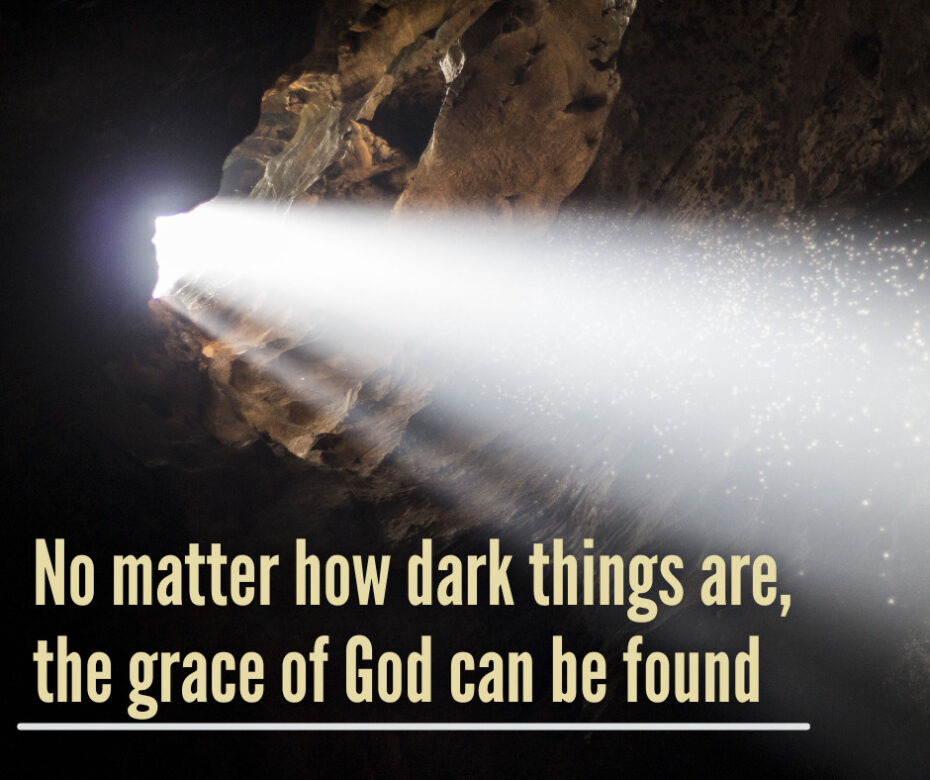The Book of Second Kings ends on a very dark note. In fact, one would be hard-pressed to paint a bleaker picture of a nation. The ten tribes in the Jews’ northern kingdom had been defeated by the Assyrians about 140 years earlier. They had been taken off to Assyria as captives. Now the Babylonians had defeated the kingdom of Judah, where the two remaining tribes lived. The Jews had brought all of this upon themselves. They had spiraled down into depraved levels of sin. What happened to them was well deserved.
It was a humiliating defeat. Over a period of about twenty years, the Babylonians had chipped away at Judah. At first, they took away some of the brightest young men, including Daniel. About ten years later they returned and took more of the promising future leaders, such as Ezekiel. Finally, they completely subdued the people.
To bring the people to their knees, the Babylonians laid siege to Jerusalem for about a year and a half. The people ran out of food and were at the point of starvation. The Jews’ weakened condition enabled the Babylonians to break through the city walls. What was left of Judah’s army fled in terror. The king of Judah was hauled before the king of Babylon, who killed his sons before his very eyes. That was the last thing he ever saw; the enemy then plucked out his eyes and took him to Babylon as a blind captive.
Then the Babylonians completely destroyed the capital city of Jerusalem. They burned down the homes in it, including the palace of the king and the temple of God, which was the pride of the nation. They tore down all the walls. They took all the wealth found in the city back to Babylon.
In tearing down the temple, the Babylonians were proclaiming that the God of Judah was powerless against the might of their army. The Jewish God had not been able to deliver His people. His house was in the center of Jerusalem, and now the city was a burned-out, smoldering pile of rubble.
The Babylonians then put to death all the leaders of the people. This included religious, political, and military leaders. The Babylonians left only the poorest people of the land to grow crops, which would be used to pay tribute to the Babylonians. They placed a governor over the land who agreed to submit to Babylonian rule. Some Jews killed this governor, and many of the Jews who were left fled to Egypt to avoid being killed for assassinating Babylon’s appointed ruler (2 Kgs 25:1-26).
Such is the picture of things as the history of the kings of Judah comes to a close. Many people have lost their lives. The living Jews have been scattered to Assyria, Babylon, and Egypt. The capital is no more. The center of their worship is gone. The leaders have been put to death. Those few left in the land are defenseless. The subjugation of the nation is complete. The prophets said that anybody who visited the land would simply shake their heads in disbelief because of how bad things were.
But those are not the final words of the book. The last four verses reveal that there was light in the midst of all the darkness. It is as if the author turns on a spotlight in the midst of this seemingly hopeless situation. One of the last kings of Judah had been taken to Babylon and imprisoned. However, we are told that he was released from prison and taken care of by the king of Babylon (25:27-30).
This is highly significant. It was a reminder to the Jews who had so recently suffered such a humiliating defeat. The Lord had promised that the Jews would be His people forever. A King would come from them who would rule forever. God was not finished with His people. He would fulfill His promises. The scattered nation would return to the land.
The lesson is clear. No matter how dark things are, the grace of God can be found. For the unbeliever, no matter their situation, the grace of God offers eternal life through faith in Jesus Christ alone. For the believer, if he falls into sin—no matter how deep that sin is—His grace is available. Like the prodigal son, he can return and have fellowship with His Father.
Bottom line is this: God is faithful to what He has promised. Those promises are a light that shines forth in the blackest night.


